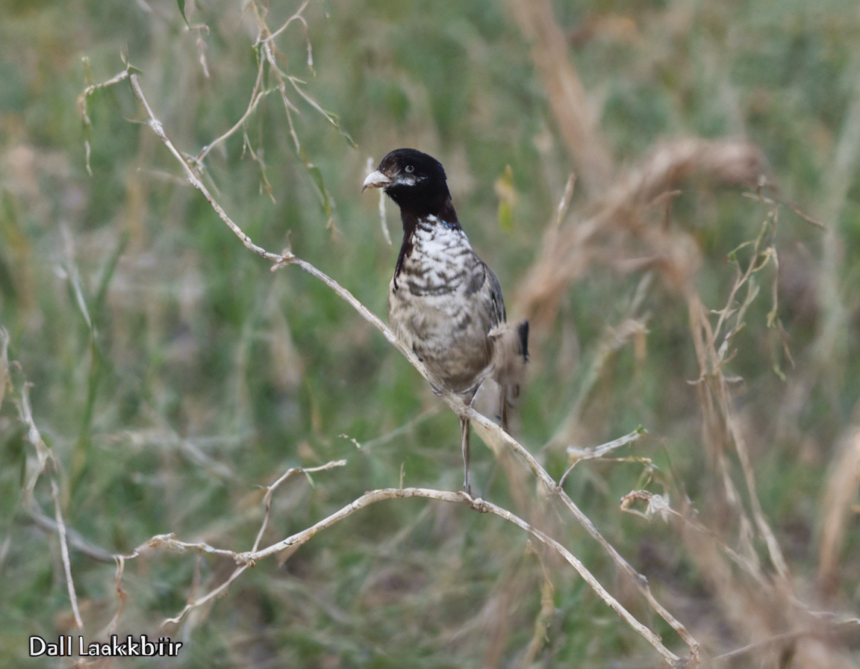Dalla Lakhbir is a phrase that holds deep cultural significance in the Punjabi language and Sikh community. The term comprises two words, “Dalla” and “Lakhbir,” each with its own unique meaning and origins. In this blog post, we will delve into the rich history and cultural context of Dalla Lakhbir, providing a comprehensive understanding of this intriguing phrase.
The Meaning of Dalla Lakhbir:
Dalla:
The word “Dalla” is a derogatory term in Punjabi that is often used to refer to someone who is considered untrustworthy, deceitful, or of questionable character. It carries a negative connotation and is not used in a positive context. In some cases, “Dalla” can also refer to a pimp or a person involved in shady or illegal activities.
Lakhbir:
On the other hand, “Lakhbir” is a name of Hindu origin that is commonly found in India. It is derived from the Sanskrit words “Lakshmi,” referring to the goddess of wealth, and “Veer,” meaning brave or courageous. Therefore, “Lakhbir” can be interpreted as a brave or courageous individual who is favored by wealth or prosperity.
Cultural Context:
The juxtaposition of these two contrasting words, Dalla and Lakhbir, in the phrase Dalla Lakhbir creates a powerful and thought-provoking expression. It is often used in Punjabi culture to convey a sense of irony, satire, or social commentary. The phrase challenges conventional notions of identity and stereotypes by combining conflicting attributes in a single term.
In the Sikh community, Dalla Lakhbir may be used to critique societal norms, question authority, or reflect on the complexities of human nature. It serves as a reminder of the dualities that exist within individuals and the multifaceted nature of human character. By invoking Dalla Lakhbir, individuals may seek to provoke thought, spark discussion, or challenge perceptions in a creative and engaging manner.
Origins and Evolution:
The origins of the phrase Dalla Lakhbir are rooted in the linguistic and cultural heritage of the Punjabi language. Punjabi, with its rich traditions of poetry, music, and storytelling, often employs wordplay, metaphor, and irony to convey deeper meanings and emotions. Dalla Lakhbir exemplifies this linguistic creativity and artistic expression, drawing on the power of language to convey complex ideas in a simple yet profound manner.
Over time, Dalla Lakhbir has evolved from a mere combination of words to a symbolic expression that embodies deeper themes of contradiction, paradox, and social critique. It has become a part of the cultural lexicon, resonating with individuals who appreciate its nuanced message and poetic resonance. Through its use in literature, music, and everyday conversation, Dalla Lakhbir continues to captivate audiences and provoke contemplation on the complexities of human existence.
Significance in Contemporary Society:
In contemporary society, Dalla Lakhbir remains a relevant and poignant phrase that speaks to the enduring relevance of irony, satire, and social commentary. In an age of increasing polarization, Dalla Lakhbir serves as a reminder of the dualities and contradictions that define the human experience. It challenges us to look beyond superficial labels and categories, encouraging us to embrace the complexities and contradictions within ourselves and others.
As a cultural artifact, Dalla Lakhbir invites us to question assumptions, challenge stereotypes, and engage in critical thinking. By embracing the spirit of Dalla Lakhbir, we can cultivate a deeper understanding of the world around us and appreciate the nuances and subtleties of language, culture, and identity. In a world that often seeks to categorize and compartmentalize individuals, Dalla Lakhbir stands as a powerful symbol of resistance and resilience, reminding us of the multifaceted nature of human identity and the richness of diversity.
FAQs about Dalla Lakhbir:
1. What is the significance of the phrase Dalla Lakhbir in Punjabi culture?
Dalla Lakhbir is a phrase that challenges traditional notions of identity and stereotypes by combining contrasting attributes in a single term. It is often used in Punjabi culture to convey irony, satire, or social commentary.
2. What are the origins of the words Dalla and Lakhbir?
“Dalla” is a derogatory term in Punjabi, while “Lakhbir” is a name of Hindu origin derived from the Sanskrit words “Lakshmi” and “Veer.” The combination of these words in Dalla Lakhbir creates a powerful and thought-provoking expression.
3. How has Dalla Lakhbir evolved over time?
Originally a simple combination of words, Dalla Lakhbir has evolved into a symbolic expression that embodies deeper themes of contradiction, paradox, and social critique. It has become a part of the cultural lexicon, resonating with audiences who appreciate its nuanced message.
4. In what contexts is Dalla Lakhbir used in contemporary society?
In contemporary society, Dalla Lakhbir remains a relevant and poignant phrase that challenges us to look beyond superficial labels and categories. It encourages critical thinking, challenges stereotypes, and invites us to embrace the complexities and contradictions within ourselves and others.
5. How does Dalla Lakhbir provoke contemplation on the human experience?
By embodying dualities and contradictions, Dalla Lakhbir prompts us to reflect on the complexities of human existence. It serves as a reminder of the multifaceted nature of human identity and the richness of diversity, fostering a deeper understanding of the world around us.

